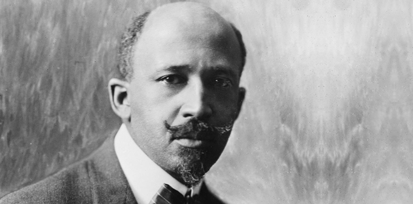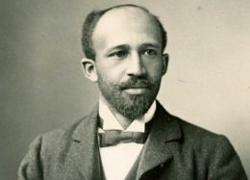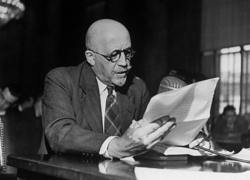ja@webdbmf.org
OVERVIEW
About W. E. B. Du Bois
William Edward Burghardt Du Bois stands at the summit of African and African American history and culture. He was born in Massachusetts in 1868, the year the Fourteenth Amendment to the U.S. Constitution was ratified conferring citizenship on African Americans.
W.E.B. Du Bois is recognized as one of the most important modern African American intellectuals. He helped shape modern African American literature and



inspired generations of thinkers. More importantly, he changed how people understood the complex experiences of America and African America. He left both Black and white Americans with intellectual tools—a new language to analyze their present and imagine a better future.
In May 1961, Ghana’s President, Dr. Kwame Nkrumah, invited Dr. Du Bois to move to Ghana. Their friendship went back to 1945, and Nkrumah asked him to lead the creation of the Encyclopedia Africana—a groundbreaking global project to record the history and contributions of African peoples worldwide.
Dr. Du Bois lived in Accra from 1961 until his death in 1963. He passed away on August 27, the day before the March on Washington for Jobs and Freedom in the United States, when Rev. Dr. Martin Luther King, Jr., shared his dream for social justice at the height of the modern civil rights movement. He was honored with a state funeral and laid to rest outside Christiansborg Castle in Osu, a site once used to hold enslaved Africans bound for the Americas.
In 1985, Dr. Du Bois’s remains were removed from the Christiansborg Castle in Osu to its present site at his bungalow, which now serves as the W.E.B. Du Bois Memorial Centre for Pan-African Culture.
